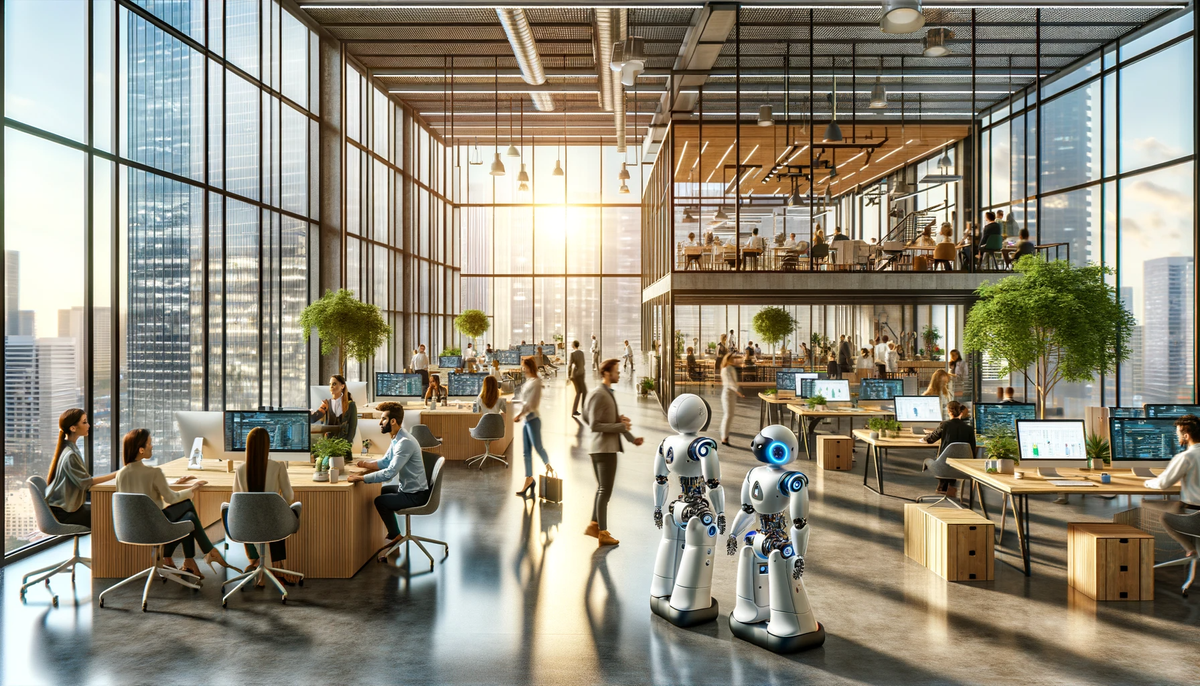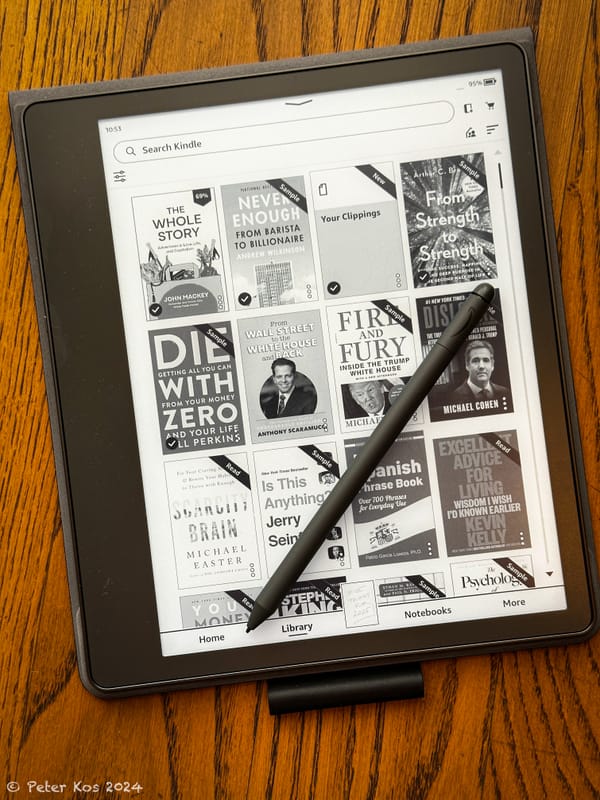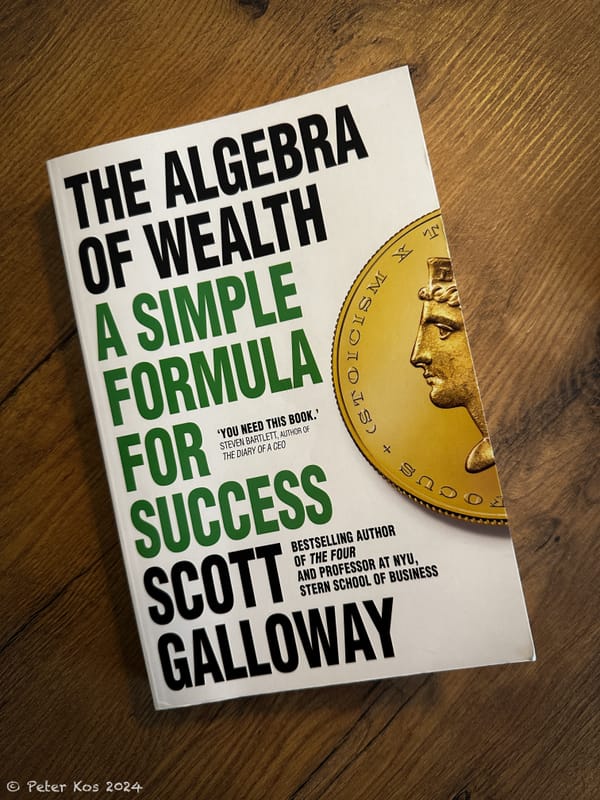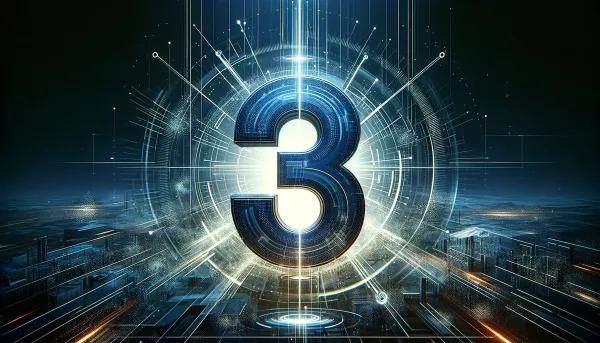AI is coming to get your job. And mine, too. Or is it?
💭 Thinking about how AI challenges jobs, the human edge in creativity and social skills, and preparing for a future shaped by AI synergy. 🤔

Looking at the AI, we can’t help but wonder, when is it coming for our jobs? In a way, AI will do to white-collar jobs what robotics and automation did to the blue-collar ones.
The more I think of it, the only edge we humans have left against AI is being physically present, socializing, networking, and crafting empathetically creative solutions to interesting problems.
Jobs done remotely, with cameras off, responding to requests; they’ll be gone. Because once you stop showing up to the office, your camera is off, and your work is done passively, all of that can be done more efficiently by an AI that never takes a vacation, sick day, or forms a union.
Seth Godin emphasizes the danger of being a cog in the system that’s trying to replace you. If what you do can be described step-by-step, then it can be taught to an AI, and you’re no longer needed for that. Of course, the best companies will try to figure out how to put you to use for the jobs where you still have an edge. Others will simply sack you.
Imagine when we start using avatars in remote meetings, and those move into VR. And you get your AI intern that learns from your writing, talking, thinking, and other cognitive processes until it eventually becomes better than you at being, well, You. For twenty dollars a month in subscription. This scenario isn’t just a possibility; it’s an impending wave, much like the introduction of the internet disrupted industries across the globe, revolutionizing the way we communicate, access information, and conduct business. It opened up endless possibilities and transformed the way we live and work. Similarly, the impending wave of AI has the potential to reshape our society and workforce, challenging the very nature of our jobs and roles.
Of course, the global economy would collapse if no one had a job. So, we’ll have to start considering the Universal Basic Income again. And we’ll have to find meaning for humans that don’t need to work. Because if you don’t have an organized way of life around work, what do you do with yourself? What’s the meaning?
Matt Levine says that “they are extremely good at being mediocre at a lot of white-collar jobs.” So, the mediocre ones are out. And Ben Evans said that we might think of LLMs as infinite interns. You know, that’s when you get a young person temporarily hired for close to nothing, and they know nothing, and you hope they’ll sponge the knowledge by shadowing the best employees. Eventually, they become mediocre at those same tasks. Well, AI can do that better, faster, and cheaper. And it won’t quit on the spot or show up late and hungover.
When is this going to start happening? As soon as the CIO learns enough to explain it confidently to the CFO, they both go together to the CEO and the Board for approval. Depending on the organization you work in, that might already be in motion; it might happen tomorrow, next month, or never (and your company will go bankrupt).
So, what can we do? The first thing is to turn ourselves into doctors of Prompt Engineering, and we do that by investing $20/month in ChatGPT and possibly some other tools that can help us get super-productive at what we do while at the same time helping us understand how man+machine is the best combo going forward.
This is our call to action, our opportunity to ride the wave of change rather than being swept away by it.
To put it in another perspective, let's look at AI's potential for Augmentation, not just Automation. There is a possibility for AI to augment human capabilities instead of simply automating tasks. This approach focuses on creating new tasks and enhancing human decision-making. Considering how AI can complement and enhance human work rather than replace it could lead to more optimistic and productive outcomes.
In the meantime, let us cultivate meaningful hobbies that keep us mentally sharp and inspired during our free time. We may find ourselves with an abundance of it sooner than we think, perhaps before 2030. It’s a chance to redefine our place in a world shared with AI.
Stay Hungry, Stay Foolish.
AI-augmented Peter K.




